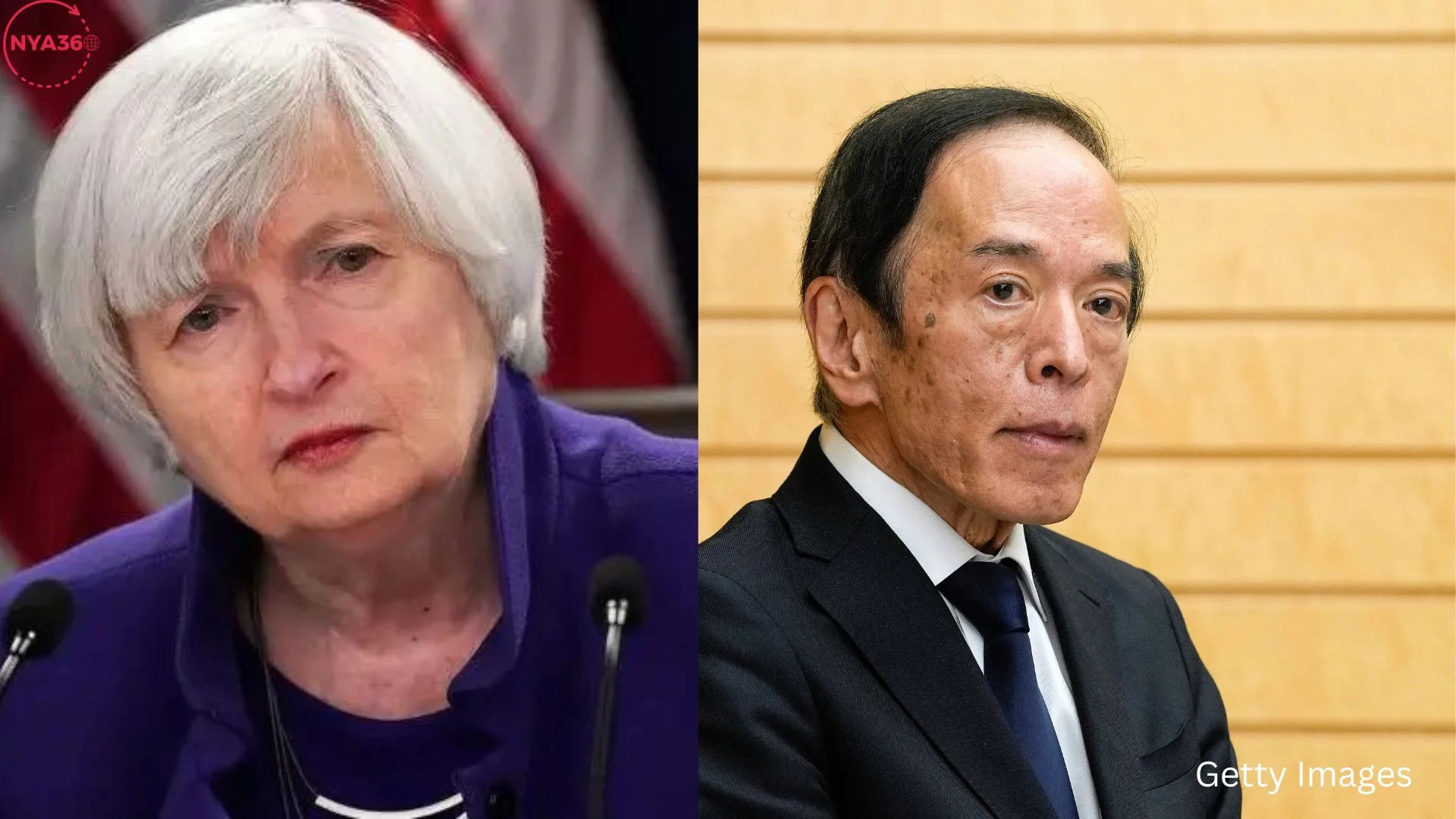US Treasury Secretary Janet Yellen has made a significant admission that might have far-reaching consequences for global economic stability. She has recognized that the growing reliance on sanctions by the United States is causing the US dollar to lose its status as the world’s reserve currency. This frank acknowledgment arises when significant global economies, including members of the BRICS bloc, are aggressively pursuing alternatives to the dollar for financial operations.
Sanctions have historically served as a strategic instrument of US foreign policy, employed to apply force on nations that resist American objectives. Nevertheless, the increasing prevalence and strictness of these sanctions have unintentionally expedited the efforts of countries to decrease their reliance on the US dollar. “As the US imposes additional sanctions, more countries will actively pursue alternative financial transaction methods that do not rely on the US dollar,” stated Yellen. The transition mentioned is theoretical and is currently being pushed by a coalition of countries known as BRICS, including Brazil, Russia, India, China, and South Africa. These countries are progressively employing their currencies or other substitutes for global trade and finance.
Japan has recently undertaken a significant currency intervention to support the value of the Yen. The Bank of Japan (BOJ) recently injected $22 billion into the market to stabilize its currency, which has been facing substantial downward pressure. Notwithstanding these endeavors, numerous analysts contend that such interventions may prove ineffective in the future, considering the more extensive underlying obstacles confronting the worldwide economy. Japan’s intervention follows an extended era of low interest rates and quantitative easing, which have resulted in the depreciation of the Yen. The decision made by the Bank of Japan (BOJ) emphasizes the increasing instability in currency markets and the difficulties encountered by central banks in preserving economic stability.

The economic terrain is additionally intricate due to the intensifying economic conflict between the United States and China. Recently, the United States has increased its efforts to limit European investments in China, claiming worries about national security and the need to counter China’s expanding economic influence. The Biden administration has been advocating for European allies to diminish their economic connections with China, asserting that these investments are strengthening a strategic adversary. The response to this initiative in Europe has been varied, as several nations have significant investments in Chinese markets and consider economic involvement to be essential for their development.
There is a growing trend of countries moving away from the US dollar to protect themselves from the potential negative effects of US sanctions and economic policies. The BRICS nations have been leading the way in this transition, investigating the potential deployment of a new global reserve currency as a substitute for the dollar. China and Russia have taken proactive measures to boost their bilateral trade by conducting transactions in their currencies and encouraging the adoption of the Chinese Yuan in global transactions. This pattern will probably persist as additional nations seek to decrease their reliance on the dollar and the impact of US monetary measures.
The potential waning of the US dollar as the prevailing global reserve currency carries substantial ramifications for the global economy. For many years, the dollar has served as the foundation of global trade and banking, offering stability and ample liquidity. Deviation from the dollar as the dominant currency could result in heightened instability and unpredictability in worldwide financial markets. This transformation presents a specific difficulty for the United States. The global recognition of the dollar as the primary currency held by central banks has resulted in substantial economic advantages, such as reduced interest rates on loans and heightened interest in US financial investments. If the dollar’s supremacy diminishes, it could result in elevated interest rates and diminished economic power.

US Treasury Secretary Janet Yellen’s acknowledgment that sanctions are causing the depreciation of the US dollar highlights the intricate and interdependent structure of global economic policies. To find substitutes for the dollar, governments are on the verge of making substantial alterations to the international monetary system. Japan’s involvement in its currency and the US’s attempts to restrict European investments in China emphasizes the changing dynamics of global finance.
The ongoing economic conflict among dominant nations, along with the pursuit of alternative financial frameworks, signifies a crucial juncture in the chronicles of worldwide economics. The consequences of these advancements will determine the trajectory of global trade, finance, and geopolitical alliances in the years ahead. In the current global change, the importance of strategic foresight and international cooperation has become increasingly crucial.
Follow us on social media: Instagram, Threads & Twitter X @nya360_ YouTube & Facebook @nya360.





